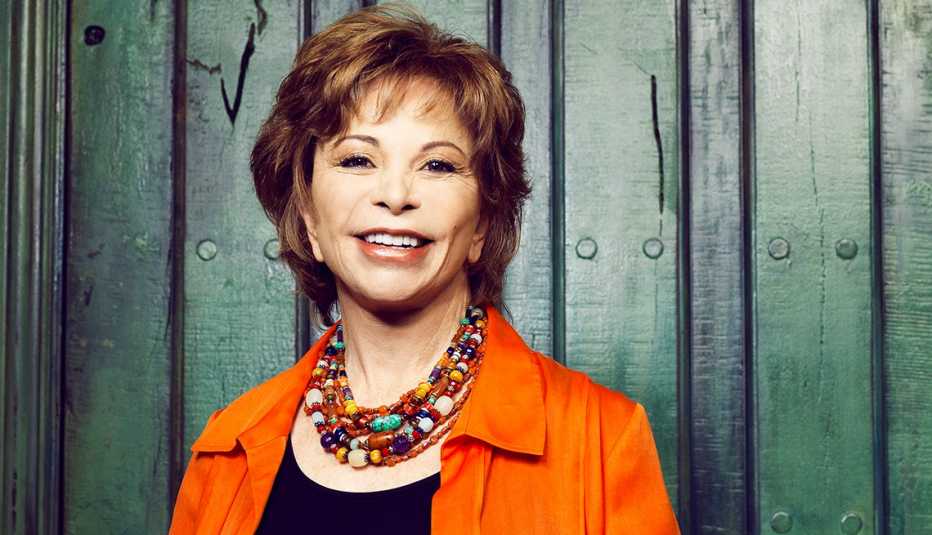AARP Hearing Center


My whole life has been about being a foreigner, being uprooted. I was born in Lima, Peru, but grew up in my grandfather's house in Chile. Then, when I was living there as a young journalist, the military coup d’état [in 1973] forced my family and me into exile. I lived in Venezuela as a political refugee. Then I came to the United States as an immigrant when I married my second husband.
I've now been here for 30 years, and I have seen that Latinos have become more empowered politically and culturally. Maybe that’s because I have witnessed second- and third-generation Latinos who are already citizens, and they belong in this country. But recently, I have seen a backlash against immigrants, mostly Hispanic immigrants. It's very hard to see that.
When I first came to this country, most of the undocumented immigrants were young men who came to work in agriculture, the chicken industry and other jobs. And then that wave of male immigration changed, and more women started coming because it was easier for women to find jobs, and they are the pillars of their families in their countries of origin. Often, they have children and the husband leaves, so these women are in charge of the children and find they can't feed them. They leave the children behind with grandparents, usually a grandmother, and the mother comes to work here. The fact is that they come here because they need to send money back to their children. They're separated from their families and friends for years. That change happened while I was living here, so I saw it closely.
The sorrow for immigrants is that we lose community, connections, family, clans. When we lose that, we feel very lonely. It's a terrible feeling to lose your roots. And there’s also the problem of language.
You can never be yourself in another language. When you are stumbling over words, how can you express yourself? How can you really be yourself? I'm a different person in Spanish. In Spanish, I'm funny, I have a sense of humor. I don't in English.

































































More From AARP
7 Tips for Making Charitable Donations
Actress Marlo Thomas, whose father founded St. Jude Children’s Research Hospital, shares her advice